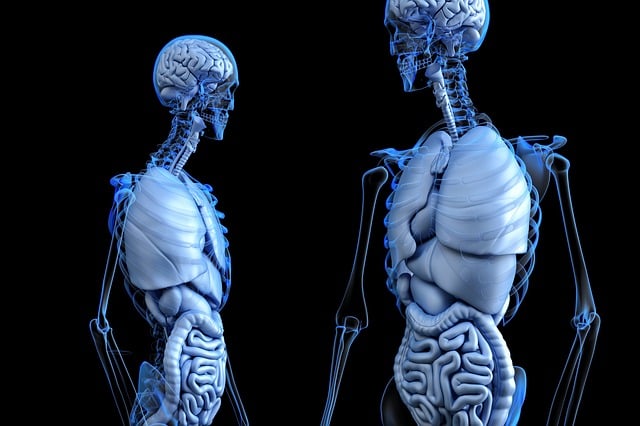
Introduction: Why Gut Health Matters
Digestion is more than just breaking down food — it’s the foundation of nutrient absorption, immune function, and even mental well-being. When your digestive system is working smoothly, you feel energized, focused, and balanced. But poor habits can lead to bloating, discomfort, and long-term health issues.
How Digestion Works
Your digestive system includes the mouth, stomach, intestines, liver, and pancreas. Together, they break down food, absorb nutrients, and eliminate waste. A healthy gut also houses trillions of beneficial bacteria — known as the gut microbiome — which play a key role in immunity and metabolism.
Common Digestive Issues
Many people experience occasional digestive discomfort. Common issues include:
- Bloating and gas
- Constipation or diarrhea
- Acid reflux or heartburn
- Irritable bowel symptoms
- Food intolerances
These symptoms can often be improved with simple lifestyle changes.
Everyday Habits for Better Digestion
1. Eat Slowly and Mindfully
Chewing thoroughly helps your body break down food more efficiently and reduces bloating.
2. Stay Hydrated
Water supports digestion and helps prevent constipation. Aim for 6–8 glasses daily.
3. Include Fiber-Rich Foods
Whole grains, fruits, vegetables, and legumes promote regular bowel movements and feed good gut bacteria.
4. Limit Processed Foods
Highly processed meals can disrupt gut balance and slow digestion.
5. Add Probiotics and Prebiotics
- Probiotics (found in yogurt, kefir, fermented vegetables) introduce beneficial bacteria.
- Prebiotics (found in bananas, garlic, onions, oats) feed those bacteria.
6. Exercise Regularly
Physical activity stimulates intestinal movement and reduces stress — both of which support digestion.
7. Manage Stress
Chronic stress can affect gut function. Try breathing exercises, meditation, or journaling.
8. Avoid Overeating
Large meals can overwhelm your digestive system. Smaller, balanced portions are easier to process.
Foods That Support Digestive Health
- Ginger: Helps reduce nausea and stimulate digestion
- Peppermint: May ease bloating and cramping
- Papaya and pineapple: Contain enzymes that aid digestion
- Leafy greens: Rich in fiber and nutrients
- Whole grains: Support regularity and gut bacteria
When to Seek Medical Advice
If digestive symptoms persist or worsen, consult a healthcare provider. Warning signs include:
- Unexplained weight loss
- Blood in stool
- Severe abdominal pain
- Chronic constipation or diarrhea
Early diagnosis can help manage underlying conditions like IBS, GERD, or food intolerances.
Final Thoughts
Healthy digestion starts with daily choices. By eating mindfully, staying active, and supporting your gut microbiome, you can improve your energy, mood, and overall health. Your digestive system works hard for you — give it the care it deserves.







